Are Veneers a Perpetual Solution for You?

Are Veneers a Permanent Solution?
Veneers are like the fancy clothes for your teeth, offering a revamped smile for those wanting a confidence boost. But, there's always the big question—how long do they actually last?

Understanding Veneer Longevity
Most veneers are in it for the long haul. The process involves shaving off a tiny bit of enamel, which means once they're on, they stay put. On a good day, you'd expect them to hang around for about 10 to 15 years if you treat 'em right [1].
The material used plays a big part in their shelf life too. Porcelain veneers, the premium choice, averagely last 10 to 15 years, while the composite ones might only stick around for 5 to 7 years. Durable veneers don't come down to just the materials—they're also a reflection of the dentist's touch and how well you keep up with dental care [2].
Type of VeneerAverage LifespanPorcelain Veneers10 - 15 yearsComposite Veneers5 - 7 years
Factors Influencing Veneer Lifespan
Several things can stretch out how long your veneers stick around. Let's break it down:
Thinking of more ways to keep your veneers nonchalant and long-lasting? Check out our guide on keeping your veneers in tip-top condition.
Considering these factors matters when weighing up veneers as your go-to for a dazzling smile. Decide whether veneers are a match for your lifestyle by discovering if they’re the smile fix you've been waiting for.
Keeping Your Veneers in Top Shape
Taking care of those shiny dental veneers isn't rocket science, but it sure helps them stick around looking their best. A little tender loving care can go a long way to avoiding costly repairs or replacements.
Easy-Peasy Veneer Care
Want those veneers to stay looking sharp? Just follow these handy tips:
For a full scoop on keeping your smile in check, check out our article on caring for your veneers to prolong their lifespan.
Watch Out for Veneer Knock-Outs
Avoiding these common veneer villains will help those teeth covers last:
By knowing what could mess up your veneers, you're already a step ahead. You can put these pointers into action and keep those teeth covers looking fresh. Want to know how long the goodness lasts? Check out our article on how long do dental veneers last?.
Types of Veneers
Thinking about jazzing up that smile? There are a couple of options that can set your teeth lookin' spiffy: porcelain veneers and composite veneers. Each has its quirks, so let's break it down and help you figure out which one's the right fit for your gnashers.
Porcelain Veneers
Porcelain veneers are like the Cadillac of tooth coverings. They’re tough, stain-resistant, and shine like your real chompers. When you want your smile to look natural and wrinkle-free, this is a popular choice [2].
These bad boys typically last between 10 to 15 years but, with some TLC, they could stick around for as long as 20 years. That's great news for those in the hunt for something long-lasting [3]. Heads up, though—once you decide to go porcelain, there's no turning back. The dentist has to shave off a bit of enamel to fit them snugly onto your teeth.
Then there's the Laminate versions like Lumineers. They're super thin, like 0.2 millimeters, and they might not need any enamel scraped off, making them potentially reversible [4].
FeaturePorcelain VeneersLifespan10 to 15 years (20 max)Stain ResistanceHighEnamel Removal NeededYepThickness0.5 mm or moreReversibilityNope (Lumineers can be)
Composite Veneers
If you’re pinching pennies, composite veneers could be your ticket. They're built with resin composite, don’t cost as much, and the whole shebang can be done in a single dentist visit. Just slap it on and go [5].
On the downside, composite veneers hang around for only five to seven years. The color of your actual teeth might change over time, which could make the veneers look like they don’t quite belong, and chipping or cracking is more likely than with their porcelain cousins [6].
FeatureComposite VeneersLifespan5 to 7 yearsStain ResistanceSo-soEnamel Removal NeededNopeThicknessVariesReversibilityYou bet
Here's the scoop: weighing the pros and cons of porcelain versus composite can help steer you to the best pick for your dental dreams. If you wanna dive deeper into the ins and the outs of veneers, check out our piece on benefits and drawbacks of dental veneers.
Veneer Alternatives
When sprucing up that smile, it's essential to look beyond veneers and check out other options. Two big players here are teeth bonding and dental crowns. Both can fill specific needs while upping the game in looks and function.
Teeth Bonding
Teeth bonding, sometimes just called dental bonding, is a super easy and budget-friendly way to jazz up your smile. It's all about using tooth-colored composite stuff to fix or shape up teeth. According to Hills Family Dental Centre, this trick can patch up chips or cracks, close awkward gaps, and tweak tooth shapes.
Why teeth bonding rocks:
FeatureTeeth BondingCostLowTime NeededQuick one-stop fixTooth StructureMinimal disturbanceWhat Is It?Composite resin
Dental Crowns
Dental crowns are like the heavy-duty option when you need something a bit more solid. They're caps that go over your teeth to bring back their shape, size, and function. As per East Valley Dental Professionals, these caps can be made of porcelain, metal, or a mix, giving you durability that also looks good.
Crowns sparkle in certain scenarios:
FeatureDental CrownsCostModerate to highDurabilityToughCoverageComprehensiveWhat Is It?Porcelain/metal cap
Deciding between these options all boils down to what fits your dental situation best. If you're dreaming about a grin glow-up, maybe chat with a dental pro to see what’s right. For more dirt on the good and bad of veneers, do check out our guide on benefits and drawbacks of dental veneers.
Veneer Replacement Considerations
Wanna keep that smile sparkling? Let's chat about when those veneers might need a swap. Here's the lowdown on spotting the signs and sorting out what to do next.
Signs for Veneer Replacement
Look out for these red flags that scream "new veneers, please!"
Decision-Making Process
Deciding on replacement isn't just about the state of your teeth—it’s a whole conversation.
Keep an eye on these veneer vibes, and with a bit of lively detective work, keep that smile irresistible. And if you're still on the fence about veneers, why not dive into the details with are dental veneers right for you? and find out if they’re the Orlando Bloom to your Keira Knightley.
Oral Hygiene Tips
Keeping your mouth clean and healthy is a pretty big deal, especially if you've got veneers and are rockin’ a bright smile. The right care doesn’t just keep those veneers in tip-top shape; it also does wonders for your overall dental health.
Importance of Good Oral Hygiene
Having a solid routine like regular brushing and flossing can do wonders for keeping veneers in mint condition. Even though veneers don't mess with your real teeth, it's still crucial to keep those natural chompers in the best health to avoid nasty surprises like decay. Going to the dentist regularly means any potential hiccups get sorted out quickly, keeping your whole mouth in harmony [8].
Oral Hygiene HabitHow Often?BrushingTwice a dayFlossingOnce dailyMouthwashAs the bottle saysDental visitsEvery six months
Sticking to these habits can totally dodge the drama of tooth decay and help keep your smile both functional and fabulous. Need more details on oral care perks? Check our piece on benefits and drawbacks of dental veneers.
Preserving Natural Teeth
Veneers sure make teeth look snazzy, but they can't outshine the role of keeping your natural teeth healthy. Good oral habits are the backbone of making those veneers last longer. If you skip on oral care, you might be asking for trouble like gum diseases or cavities that need more fixing jobs [3].
On top of brushing and flossing, reaching for fluoride toothpaste and an antibacterial mouthwash can be a game changer. Regular dentist visits are great for checking up on both your veneers and natural teeth health. Slacking on oral hygiene can mess with the look and feel of your veneers, possibly leading to replacements down the line [2].
By staying on top of oral hygiene, folks can really make the most of their veneers and keep natural teeth in top shape—essentials for a healthy mouth overall. For the lowdown on how long veneers hold up, head over to our take on how long do dental veneers last?.
References
[2]:
[3]:
[4]:
[5]:
[6]:
[7]:
[8]:




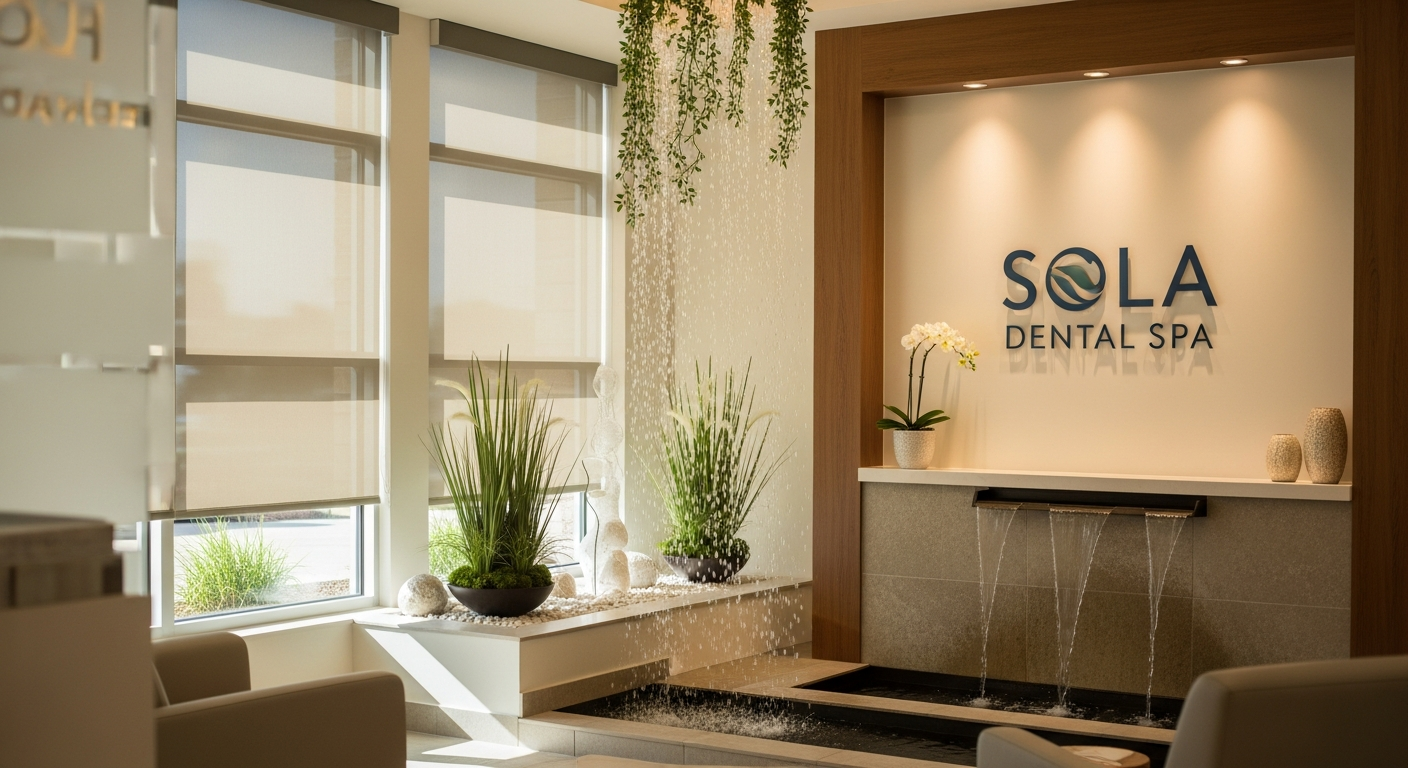


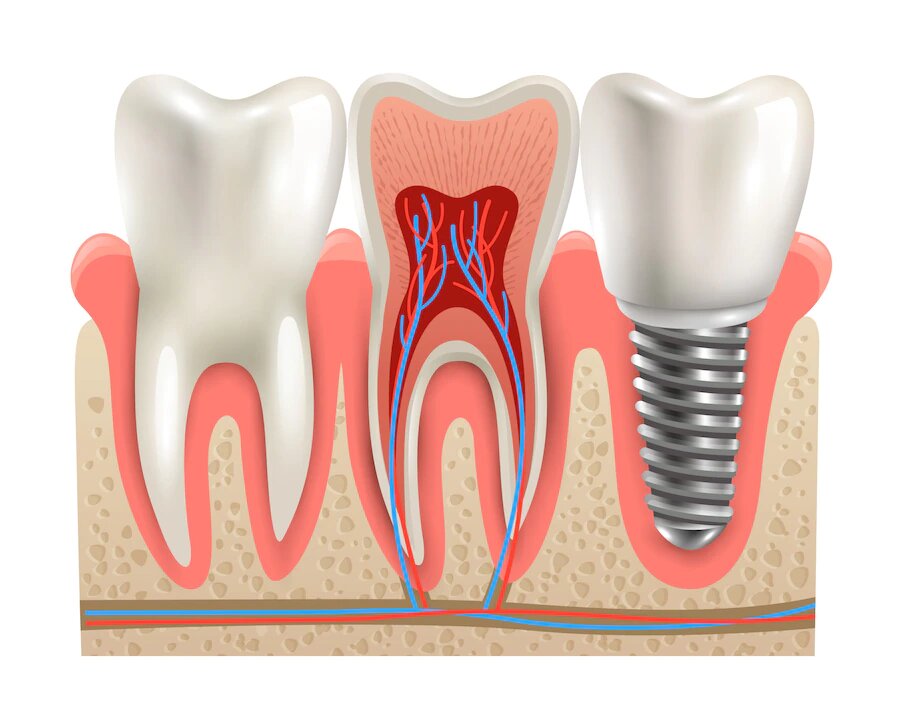










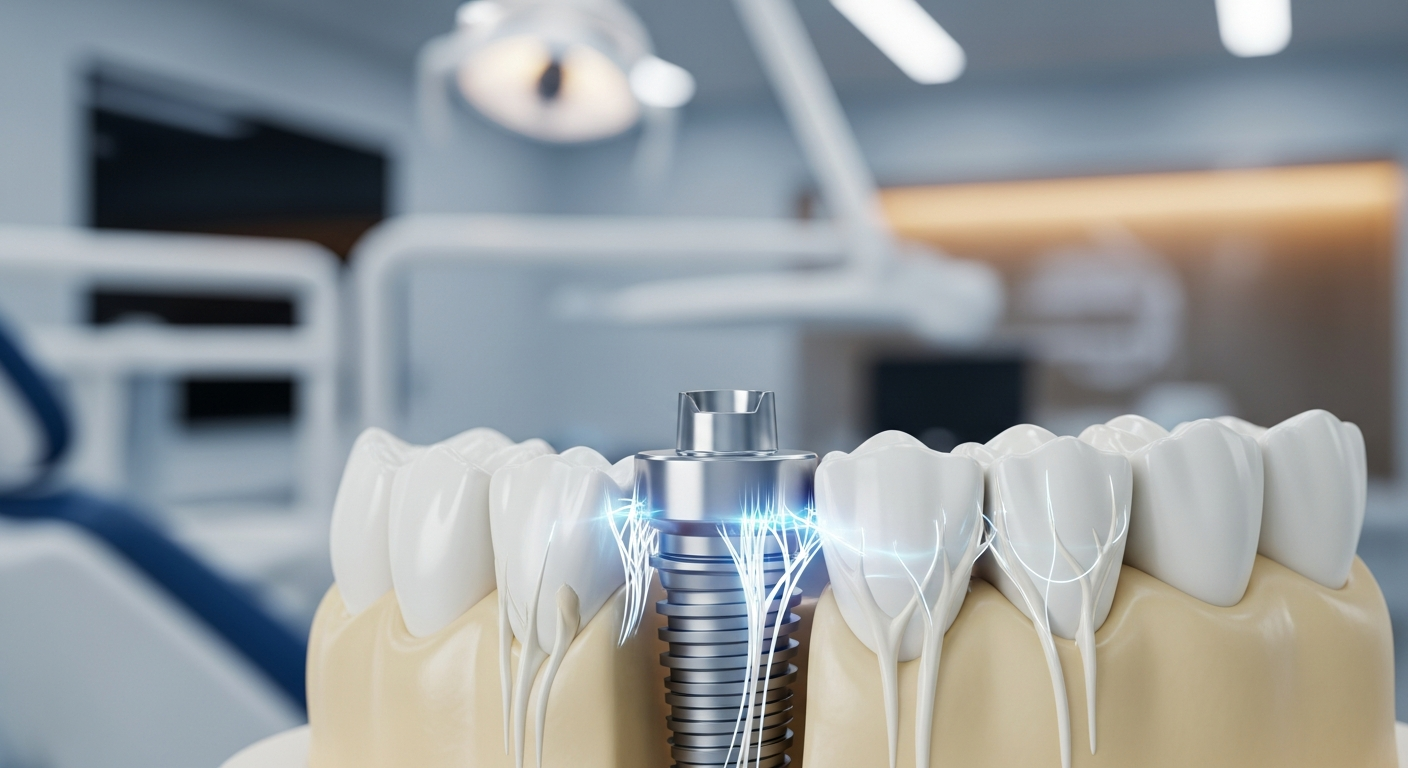






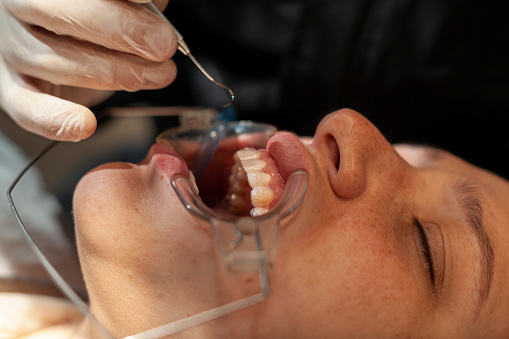

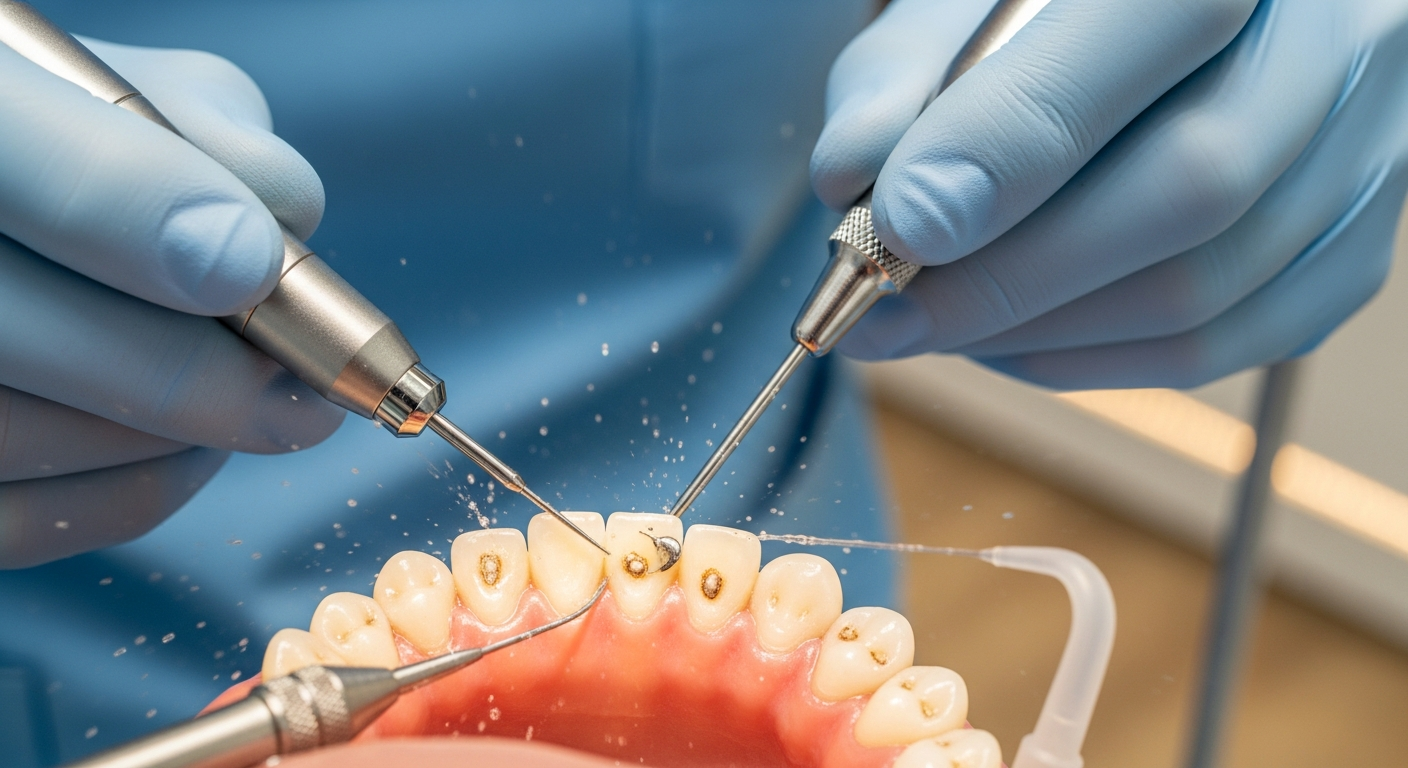





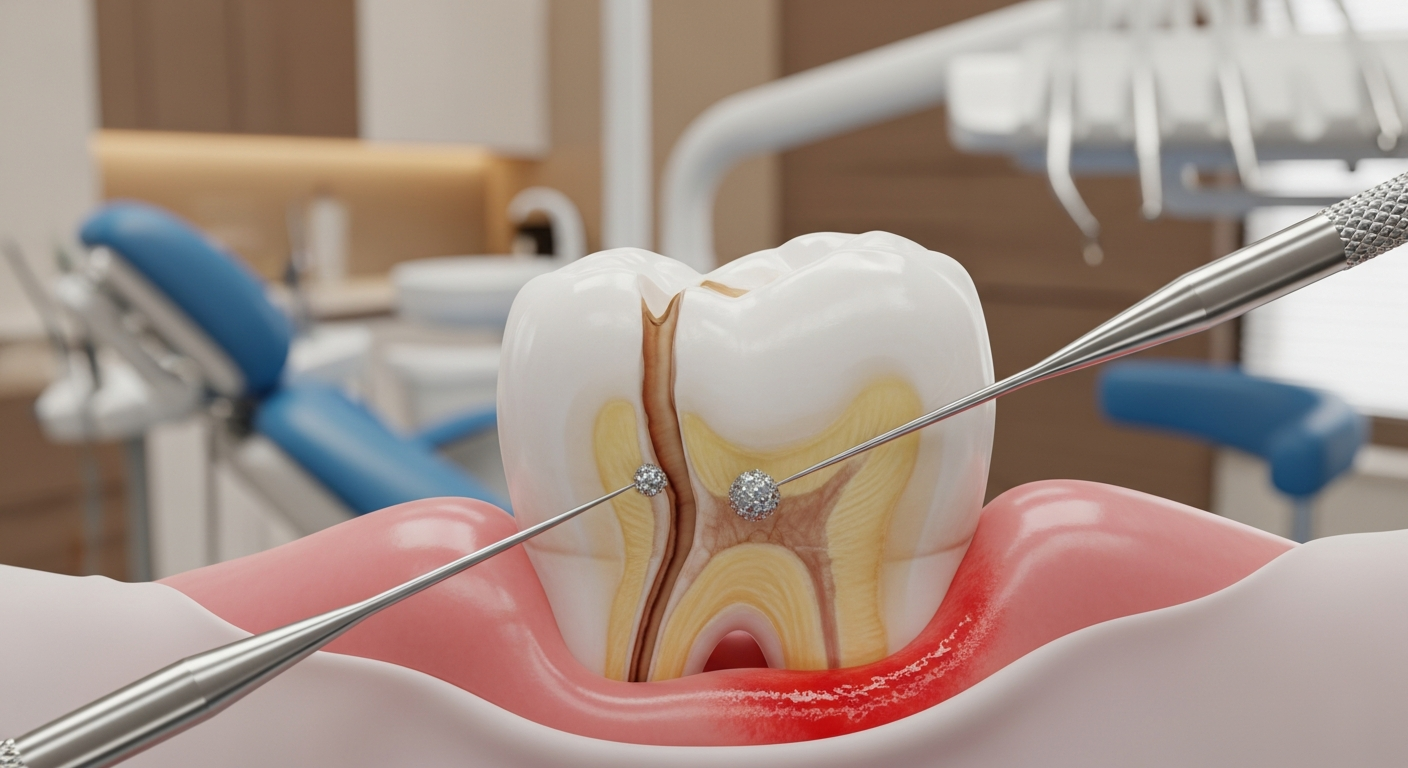




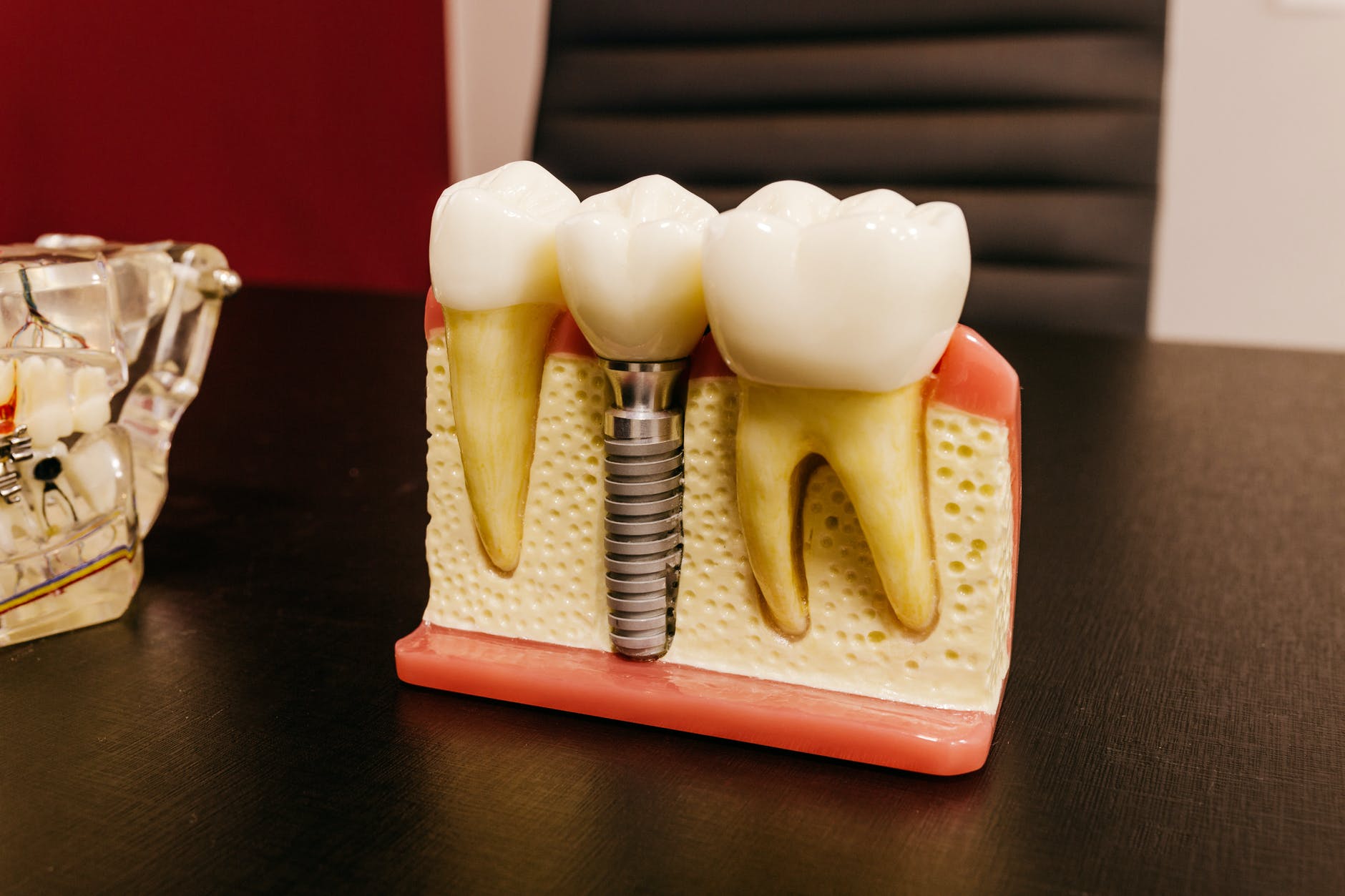


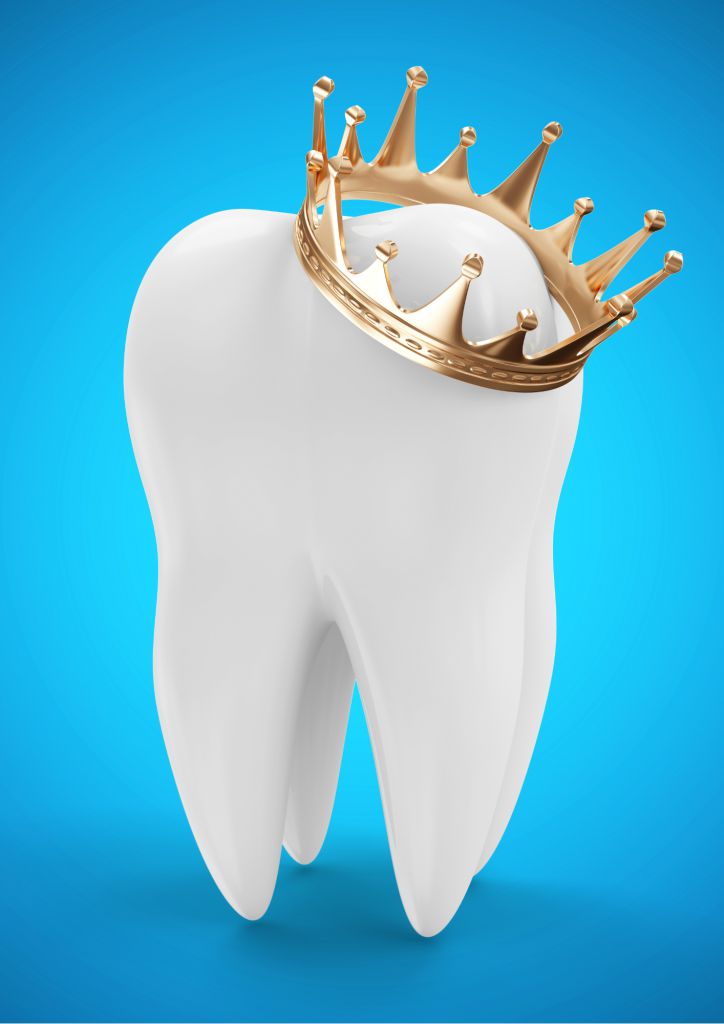







.avif)







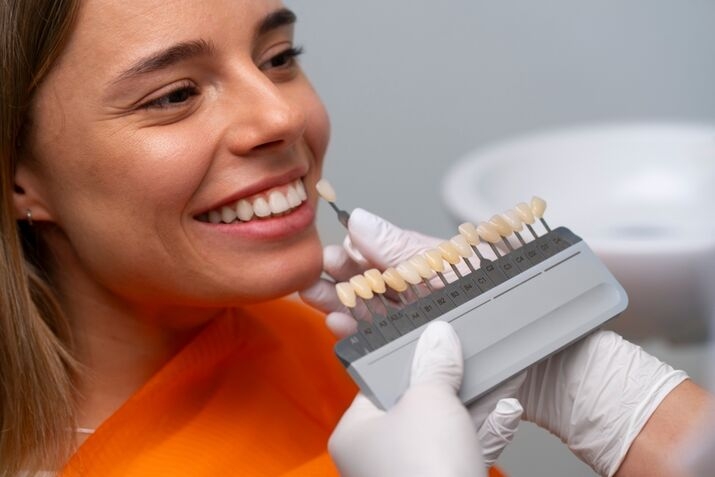
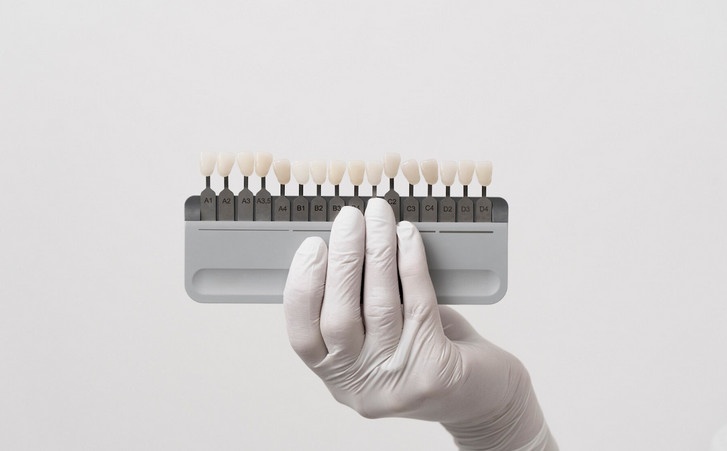

.jpg)


















.avif)


















.jpg)


